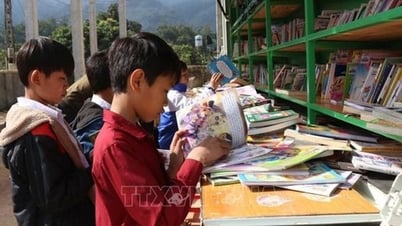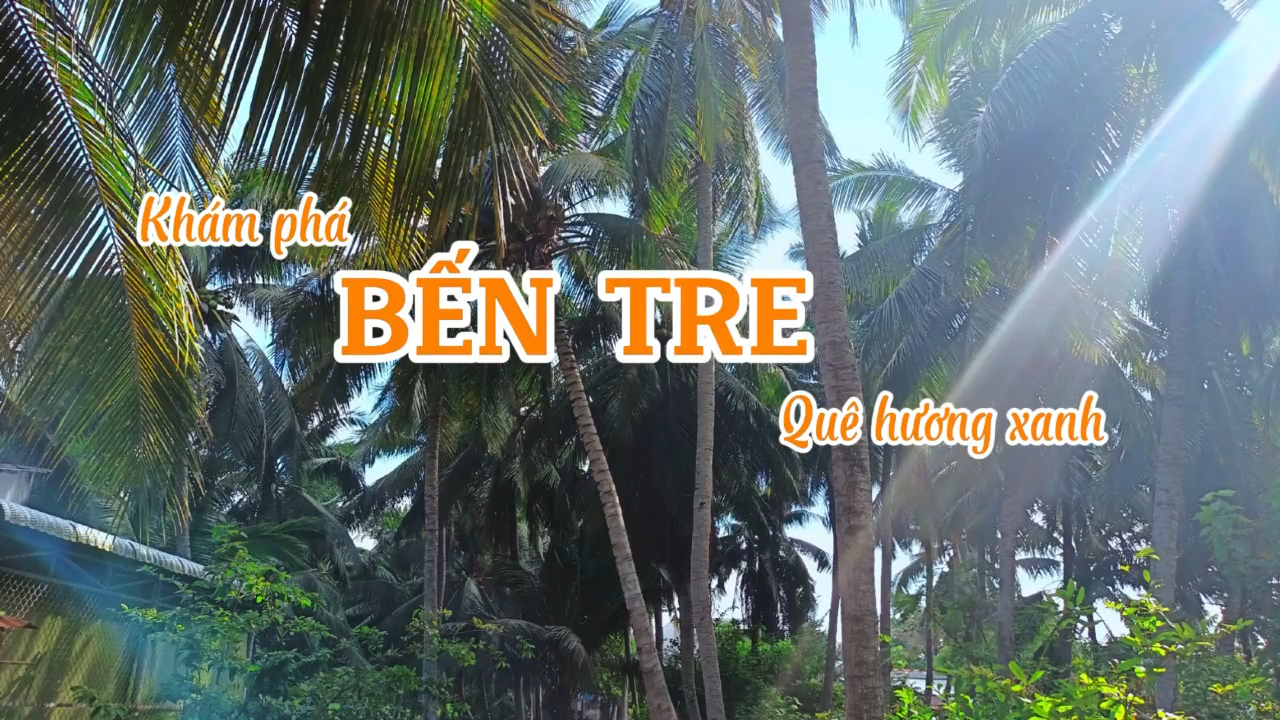1. “IGNORANCE tt. 1. Belonging to the first stage of formation and development of primitive society, when human life was not much different from animal life. The period of ignorance of primitive people. 2. (id.). Dark and foolish. Ignorant mind. Ignorant life”.
The word "muoi" 蒙昧 is a compound word of Chinese origin [historical meaning]: "muoi" 蒙 means ignorance, cover-up, not knowing anything (like "mong lung" 朦朧; "huan mong" 訓蒙 = to teach the mind, to break ignorance); "muoi" 昧 means darkness, ignorance (like "mei muoi" 迷昧; "am muoi" 暗昧). The word "muoi" 昧 means darkness, is used as a noun to refer to the layer of smoke created by the burning process, called smoke soot, lamp soot:
- Chinese dictionary: “mộng: 2 cover, conceal; 9 figurative meaning of ignorance.” [original text 蒙: 2.覆蓋; 遮蔽; 9.引申為蒙昧無知]; “muội: 1 dark, gloomy; 3 foolish, confused; 4 confused, bewitched.” [original text 昧: 1.暗, 昏暗; 3.愚昧, 胡塗; 4.迷亂, 惑亂]; “mễ muội: 1 dark, ignorant; 2 like vague, ambiguous.” [original text 蒙昧: 1.昏昧, 愚昧; 2.猶朦朧,迷糊].
- Le Van Duc Dictionary: “mong • bt. Cover the sun, dark; Children, foolish: Dong-mong, huan mong”; “muoi • bt. Dark, foolish: dark, confused, reckless, confused, foolish”.
Reference: Mong lung 朦朧, also a compound word of Chinese origin, is easily mistaken for a reduplicated word: mong 朦 = to cover; lung 朧 = dim [The Great Chinese Dictionary explains lung 朧 = dark; lung 昏暗貌 = lack of light].
2. “DREAM I. n. (and adj.). What appears in the mind while sleeping (generally speaking). A sleep full of dreams. “Working hard during the day, hoping the night won’t have dreams” (Nguyen Duy)”. II. Tt. (id.) Unrealistic, illusory, unrealistic. Just dreams”.
Mộng mí 夢寐 is a compound word of Chinese origin [historical meaning]: nguyệt 夢 is a dream, a fantasy in sleep (like a dream; dreaming of an ancient person); mí 寐 means sleep, deep sleep (like being confused):
-The great Chinese dictionary explains: “dream: 1. in sleep, the cerebral cortex does not completely stop working, leading to brain activity; 2. illusion; 3. imagination; 4. example of fantasy, illusion”; [original text 夢: 1. dream, dream, dream, dreamland ... “dream: 1 refers to a dream while sleeping; 2 refers to a state of vagueness and indecision.” [original text 夢寐: 1.謂睡夢; 2.比喻蒙昧狀態].
3. DREAMING (old). Like dreaming. “Keep loving, keep missing, keep dreaming. The old scenes will never exist again” (Che Lan Vien).
Dream is a compound word with Chinese elements [historical meaning]: dream is a word of Chinese origin, originally from the word mê 迷 which means a state of losing consciousness (like being in a daze); the Chinese element of dream is originally from the word mong 懵, meaning dark, confused, which the Chinese dictionary explains as “humble, ignorant; confused” [original text 昏昧無知;糊塗]. Regarding the ong-ong relationship, we can also see it in other cases such as huan mong ↔huan mong.
Thus, "mong muoi", "mong mi", and "mo mong" are originally compound words of Chinese origin (existing in Chinese), or contain elements of Chinese origin. Because both or one of the two elements have lost their meaning or are ambiguous, these words are often considered reduplicative.
Hoang Trinh Son (Contributor)
Source: https://baothanhhoa.vn/ve-mot-so-tu-lay-goc-han-mong-muoi-mong-mi-mo-mong-246373.htm

























![[Photo] Nghe An: Provincial Road 543D seriously eroded due to floods](https://vphoto.vietnam.vn/thumb/1200x675/vietnam/resource/IMAGE/2025/8/5/5759d3837c26428799f6d929fa274493)
![[Photo] Discover the "wonder" under the sea of Gia Lai](https://vphoto.vietnam.vn/thumb/1200x675/vietnam/resource/IMAGE/2025/8/6/befd4a58bb1245419e86ebe353525f97)






































































Comment (0)